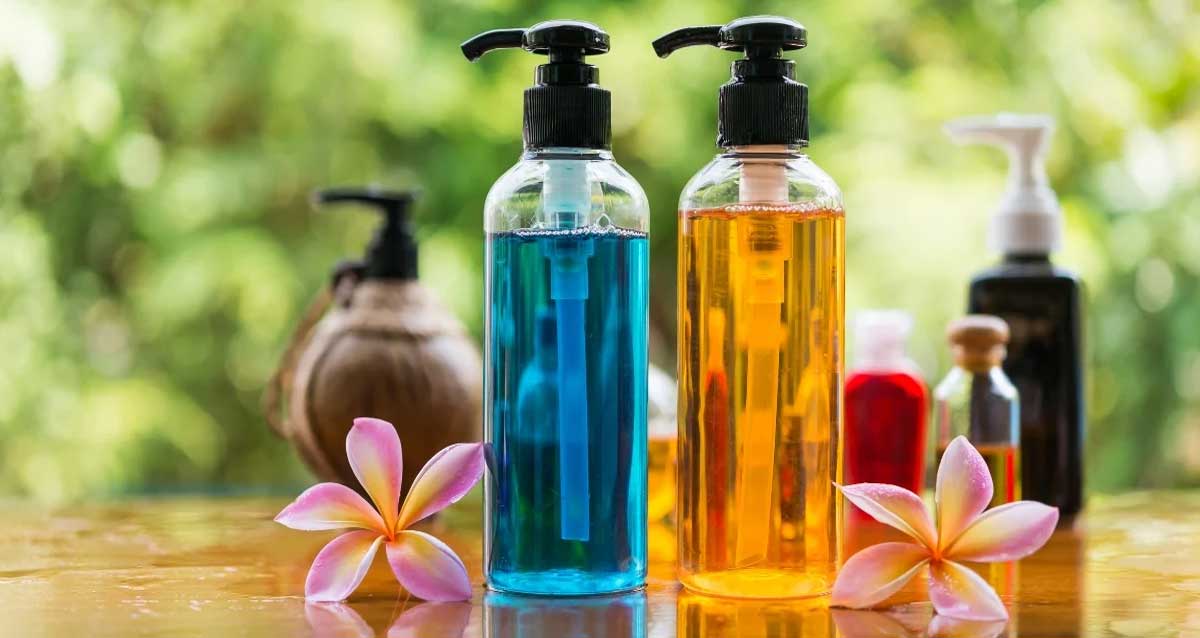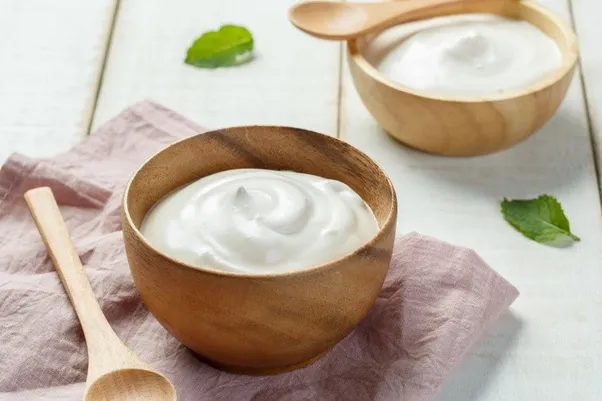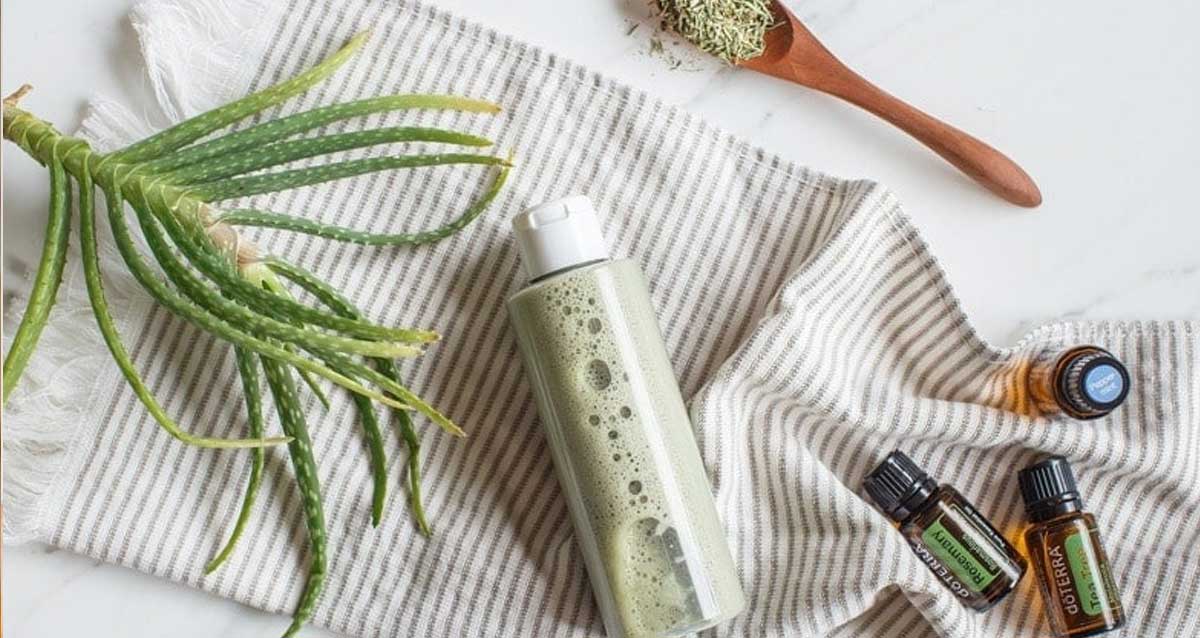
Commercial shampoos often contain sulfates, parabens, artificial fragrances, and other chemicals that can irritate the scalp and damage your hair over time. If you’re looking for a more natural and sustainable alternative, making your own homemade shampoo is a great solution.
With a homemade shampoo recipe, you have complete control over what goes on your scalp — using ingredients that nourish, rather than strip your hair.

Before we dive into how to make it, here’s why more people are turning to homemade organic shampoo:
Traditional shampoos often contain chemicals such as sulfates (SLS/SLES), parabens, and synthetic fragrances, which can irritate the scalp, cause dryness and itching, and even exacerbate hair loss.
Homemade organic shampoo typically uses natural ingredients such as coconut oil, honey, aloe vera juice, and plant extracts, which are gentle and non-irritating, making them suitable for sensitive scalps and children.
You can add suitable natural ingredients based on your hair type (such as oily, dry, sensitive, or curly hair), for example:
Tea tree oil/rosemary: Suitable for oily scalps, helps control oil and reduce dandruff
Lavender essential oil: Soothes the scalp and reduces itching
Coconut oil/olive oil: Nourishes dry hair and repairs damaged strands
This flexibility is hard to achieve with store-bought shampoos.
Homemade shampoo reduces plastic packaging waste and can be stored in glass bottles or reusable containers. The ingredients are mostly plant-based or sourced from the kitchen, making them more environmentally friendly and aligned with a zero-waste lifestyle.
While there may be initial expenses for purchasing essential oils or natural carrier oils, the long-term cost per unit of homemade shampoo is significantly lower than that of high-end silicone-free shampoo products.
Plus, you can make small batches for testing and adjust the formula if needed, avoiding the need to stockpile unsuitable hair care products.
Making your own hair care products not only helps you understand the relationship between ingredients and hair but also represents a shift in lifestyle. It makes you more mindful of every product you use on your body and is a form of respect for your health and nature.
The following ingredients form the base of many natural homemade shampoo recipes. You can mix and match depending on your hair type and goals.
| Ingredient | Purpose |
|---|---|
| Castile Soap | Natural cleanser (base ingredient) |
| Distilled Water | Dilutes the solution for daily use |
| Essential Oils | Add scent and targeted hair benefits |
| Carrier Oils | Moisturize hair and scalp (e.g. jojoba, coconut) |
This is a basic yet effective homemade shampoo recipe that suits most hair types.

Thoroughly clean glass bottles or squeeze bottles with hot water and a small amount of alcohol, then dry and set aside for later use.
It is recommended to use brown or opaque bottles to extend the shelf life of the product.
In a measuring cup or mixing bowl, pour in Castile soap and purified water, then gently stir until evenly mixed. Do not stir too quickly to avoid creating too much foam.
Add coconut oil or jojoba oil, along with optional aloe vera gel. Gently stir again until the ingredients are fully incorporated.
Add 10–15 drops of essential oil according to personal preference, such as:
Pour the mixture into a pre-prepared container and tightly seal the lid.
Label the production date. It is recommended to use within 4 weeks or store in a cool place/refrigerator to extend shelf life.

To make the perfect natural homemade shampoo, tailor ingredients to suit your hair's needs:
Making your own shampoo is easier than you might think. With just natural ingredients and simple steps, you can create a personalized, chemical-free hair care solution that nurtures healthy hair and benefits the environment.
If you encounter any issues during the manufacturing process, feel free to consult Xiran Hair Care Manufacturer. We will provide professional guidance to help you create your own natural shampoo.

